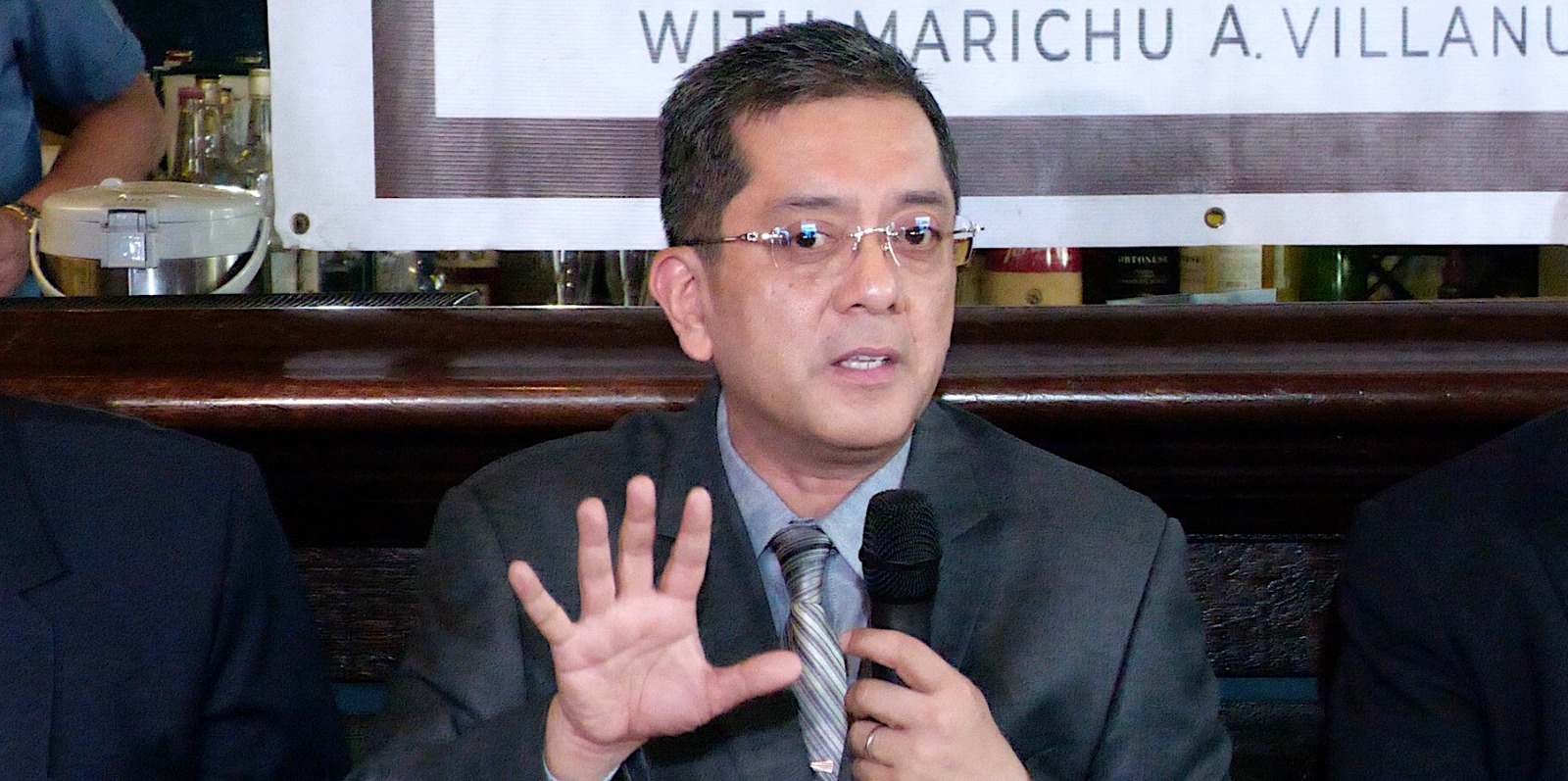Comelec eyes ban on deepfakes, AI in 2025 midterm polls

Commission on Elections chairman George Erwin Garcia. —INQUIRER.net file photo/Ryan Leagogo
MANILA, Philippines — Commission on Elections (Comelec) Chair George Erwin Garcia said on Wednesday that he would push for a ban on using deepfakes and artificial intelligence (AI) technology in campaign materials for next year’s elections.
“There should be truthful campaigning. I will convince the commission en banc to prohibit the use of deep fake[s] and AI in campaigning because there are many who get confused. There are misrepresentations. There are many falsehoods that happen when these are used, “ Garcia told reporters in an interview.
READ: Comelec: Preparations for 2025 midterm polls on track
“In campaigning, you yourself should be the one who is seen by the people. You yourself should be the one wooing them,” he added. Deepfake refers to an image or recording that has been altered and manipulated to make it seem real.
Garcia, however, said he would also listen to his colleagues’ opinions on whether deepfakes and AI should be banned outright for campaign use, calling these a “threat to our democracy and … to the approved procedures that should be done in elections and campaigning.”
Fraudulent misrepresentation
In a letter submitted to the poll body on Monday, he noted the “growing concern” among several election management experts in various jurisdictions about using such technology to sow deceit and misinformation among voters and candidates.
“The abuse of AI technology and deepfake videos undermines the integrity of elections and the credibility of public officials, candidates, and election management authorities. The abuse of this technology in campaign materials, such as videos, audios or other media forms, may amount to fraudulent misrepresentation of candidates. This defeats the very purpose of a campaign, which is to fully and truthfully inform the voters about the elections and the candidates,” Garcia said.
At the same time, the Comelec chair said he would also propose that the commission, as part of its rulemaking power, increase from five to 10 the maximum allowable nominees for party list groups. Those chosen to represent the winning group in the House of Representatives should also come from [among] the 10 candidates, stopping the “deceitful” practice of replacing the five original bets with new nominees.
Garcia said Comelec was still waiting for the Supreme Court to rule on a case questioning whether or not a winning party list group may validly replace all five nominees who resign.
Increasing the nominees to 10 will ensure that there will be enough substitutes should this happen, he added.